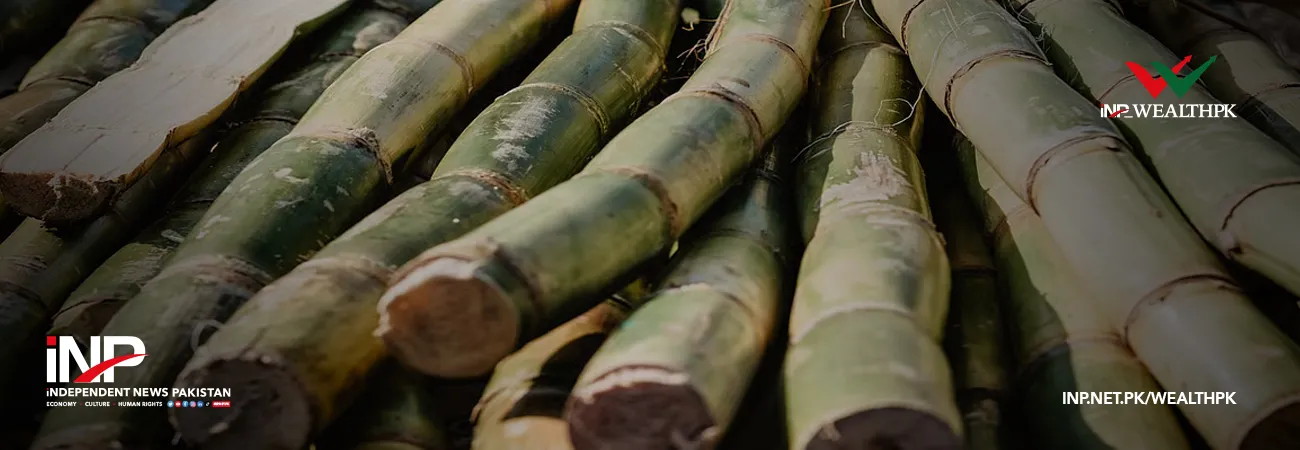INP-WealthPk
Islamabad, July 29 (INP): China’s maize-soybean strip intercropping technology completed harvest at 12 demonstration sites in irrigated areas of Punjab and Sindh recently, and the production of maize and soybeans reached 7,603 kg and 1,052 kg per hectare respectively in the intercropped fields. According to China Economic Net (CEN), more specifically, at the 10 sites in Punjab, intercropped maize and soybeans achieved 8,018 kg and 842 kg per hectare with the strip intercropping technology. In Bahawalpur, the research team obtained the highest intercropped maize yield which is 9,885 kg per hectare, and in Vehari the highest soybean yield of 1,176kg per hectare was achieved. At the two sites in Sindh, intercropped maize and soybeans achieved 5,527 kg and 2,099 kg per hectare. Compared with the production of solely cropped maize and soybeans at these 12 sites which are 8,719 kg and 2,228 kg per hectare respectively, the intercropping technology definitely creates much more economic benefits. “Our intercropping technology gave 24% and 51% extra net income separately of maize and soybeans to farmers,” Muhammad Ali Raza, post-doc of Sichuan Agricultural University who is promoting this advanced Chinese agricultural technology in Pakistan, told CEN. “We’re all very excited because this technology can reduce our country’s import bill of soybeans. By just converting Pakistan’s area of growing maize solely which is about 3.5 million acres into maize-soybean intercropped fields, we can reduce our soybeans' import bill by 76%,” Dr. Muhammad Ali Raza said. Sichuan Agricultural University has taken steps to support Pakistan to revitalize soybean production since 2018. Currently, Sichuan Agricultural University and The Islamia University of Bahawalpur is jointly establishing China-Pakistan Crop Research Center, focusing on high yield and high quality of intercropping crops. “With the expertise and advanced research from China, we believe we can apply and modify the Chinese techniques according to the needs and the local environment of Pakistan,” earlier said Prof. Athar Mahboob, Vice Chancellor of The Islamia University of Bahawalpur. INP/javed





